
A systematic review and meta-analysis finds that hepatitis B (HBV) education led by healthcare providers had the greatest impact on testing uptake.

A systematic review and meta-analysis finds that hepatitis B (HBV) education led by healthcare providers had the greatest impact on testing uptake.
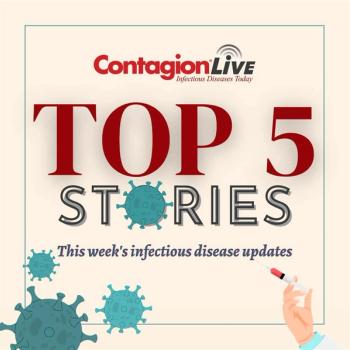
This week, a push for better care standards for C difficile, a survey shows low vaccination rates for respiratory viruses among Americans, Georgia achieves a reduction in chronic hepatitis C infections through collaborative efforts, and more.

A new algorithm in mass spectrometry-based peptidomics is making it easier to analyze complex biological data by grouping peptides into clusters.

Study finds this population saw a 45% reduction of ongoing symptoms in those with COVID-19 weeks later and who had received subsequent doses of the original monovalent vaccine.

The latest data highlight ibezapolstat’s effects on gut microbiome health and systemic exposure, crucial for CDI treatment, while also indicating its potential against Bacillus anthracis, prompting plans for a bioterrorism development initiative.
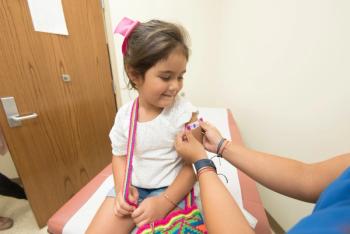
An English modeling study suggests level of protection decreases only very slightly over time and reminds parents to have their children up to date on all vaccinations.

Study halted due to ineffective results, but the findings still provide valuable insights for future research and improve treatment strategies for those affected by CDI.
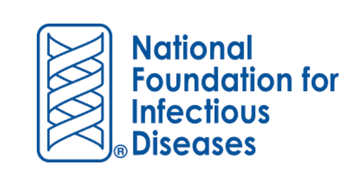
The findings are from a National Foundation for Infectious Diseases (NFID) survey showing many Americans are not thinking about flu, COVID-19, RSV, or pneumococcal disease, and many respondents do not plan to get vaccinated this fall.

Tina Tan, MD, FAAP, FIDSA, FPIDS underscores the importance of education and global collaboration in antimicrobial stewardship to tackle the escalating threat of AMR, and her takeaways from the UN General Assembly High-Level Meeting on Antimicrobial Resistance.
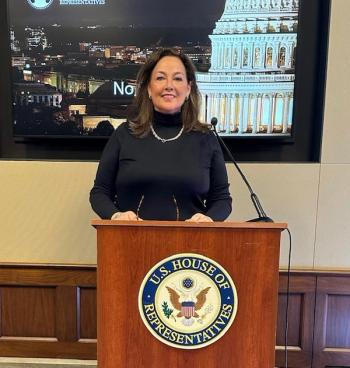
Maryann Webb’s harrowing, personal experience with C diff, along with her professional work with federal agencies has prepared her for a life in advocacy with the Peggy Lillis Foundation. She wants to see the fecal microbiota transplant become more accessible and is working with Congress to make the infection a notifiable infectious disease.

New research highlights a complex relationship between COVID-19 and cognitive function, suggesting that even mild infections can lead to subtle memory and attention deficits lasting at least a year.
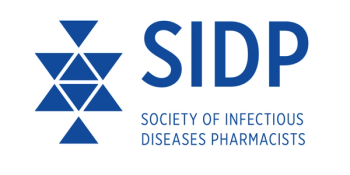
In the second installment of a 3-part series on long-acting injectables related to various infections, Caitlin Soto, PharmD, BCIDP, provides insights on using rezafungin for invasive candidiasis.
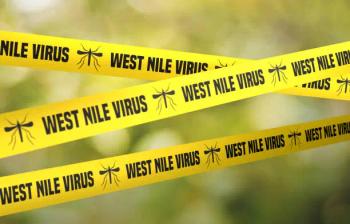
The susceptibility of mosquito larvae and pupae to infection via excreta, emphasizes the potential for increased virus persistence within mosquito populations.

The federal agency offers guidance for US clinicians and travelers to understand the disease better and employ preventative measures to reduce incidence rates.

Cross-regional strains may spread more effectively in the community, highlighting the need for ongoing molecular surveillance to monitor their prevalence and detect potential changes.
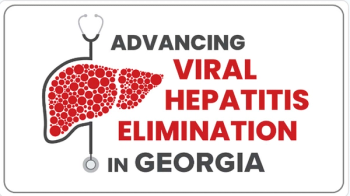
In 2015 the country's high prevalence of chronic hepatitis C (HCV) was 5.4%, higher than the global average of 1%. In addition, Georgia saw a 67% reduction in chronic infection.

Continuous antibiotic infusions show positive results and may improve outcomes for patients with severe sepsis.

Ammara Mushtaq, MD, discusses the underrepresentation of different races during the pandemic, but also the newer efforts to include and represent these communities in smaller, local studies.
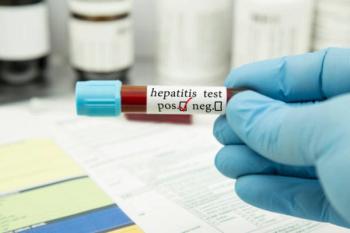
The role of Anti-HDV IgG tests in diagnosing HDV in patients with Hepatitis B, showing sensitivity and specificity, making these serological tests important for identifying this form of viral hepatitis.

A new study looked at Bacteroides thetaiotaomicron and C difficile infection (CDI) and their formation of symbiotic biofilms in the antibiotic's environment, and underscore the complexity of CDI prevention and the importance of considering gut microbiomes in treatment strategies.

The study estimates that vaccination efforts may have averted between 610,000 and 2.61 million deaths during the first 18 months of the rollout.
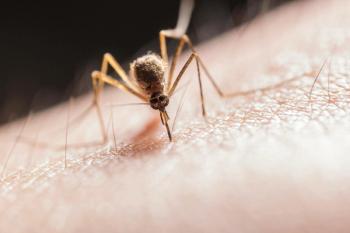
A new survey reveals that infectious disease virologists, epidemiologists and clinicians see the need to address gaps in surveillance programs to identify emerging pathogens, public health funding and testing infrastructure capabilities.

Initial studies show its effectiveness against various bacteria, including those resistant to standard treatments, and it is being developed in both intravenous and oral forms to improve patient access.

Adults with type 2 diabetes taking metformin have a 13% to 21% lower risk of developing Long COVID or dying from COVID-19, recent analyses question the effectiveness of nirmatrelvir/ritonavir and molnupiravir against new variants, and more this week from Contagion.

The federal agency gave the nod to FluMist nasal spray to allows individuals to administer the vaccine themselves and as a caregivers to others.

Jeanine Thomas, president and founder of MRSA Survivors Network, talks about her personal battle with osteomyelitis, her work as an advocate, and the need for data and awareness to bring it to the forefront again.
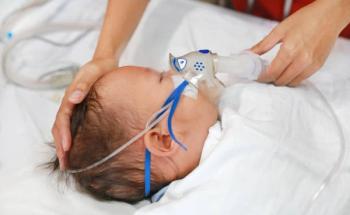
Over half of US infants are infected with respiratory syncytial virus (RSV) during infancy, with 2.8% requiring hospitalization.

Long-acting lipoglycopeptides (LGPs) like dalbavancin, oritavancin, and telavancin were developed with extended half-lives, initially targeting acute bacterial skin and skin structure infections (ABSSSIs). However, recent studies have explored their potential in treating other infections, including infective endocarditis (IE), bone and joint infections (BJIs), and bloodstream infections (BSIs), offering an alternative to standard care and outpatient antimicrobial therapy.

Initial studies show its effectiveness against various bacteria, including those resistant to standard treatments, and it is being developed in both intravenous and oral forms to improve patient access.

Katrine Wallace, PhD, and Eric John Burnett, MD, discuss the distinctions between them and strategies to understand better the information people are consuming.